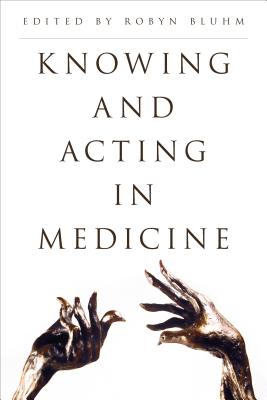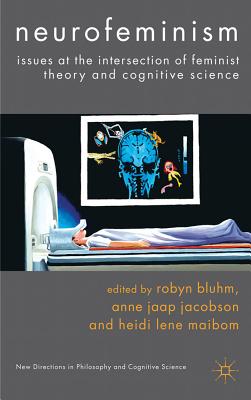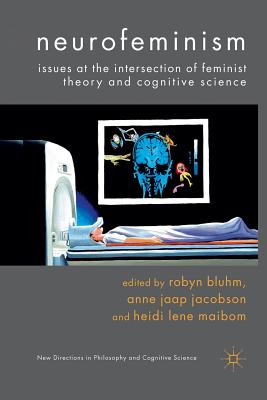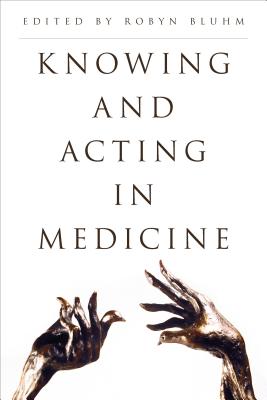
Knowing and Acting in Medicine
Interview with Robyn Bluhm
March 1, 2017Sign Up to listen to full interview.
About Robyn Bluhm
Dr. Robyn Bluhm is an Associate Professor with a joint appointment in the Department of Philosophy and Lyman Briggs College. Her research examines philosophical issues in neuroscience and in medicine, with a particular focus on the relationship between ethical and epistemological questions in these areas. She has written extensively on the philosophy of evidence-based practice and on the use of functional neuroimaging in psychiatry. She is a co-editor of Neurofeminism: Issues at the Intersection of Feminist Theory and Cognitive Science.
Interview Summary
Practitioners of philosophy and medicine have always looked at each other for inspiration but in the recent decades the growing overlap has led to the development of philosophy of medicine.
The questions like what is or what causes health and what is or what causes diseases are gets excited the disciples of philosophy of medicine. Though a relatively new field, the philosophy of medicine revolves around the patient’s health and diseases.
In an interview with Readara, Editor Robyn Bluhm talks about the evolution of philosophy of medicine and what direction the discipline is heading. Professor Bluhm discusses what role different kind of knowledge play in medicine. Bluhm also discusses what large scale issues are with medical knowledge and what kind of knowledge should be taken into account in treating a patient or in the broader context of policy.
The book identifies four themes from leading researchers including what constitutes and influences medical knowledge and understanding how to evaluate clinical reasoning, how medical knowledge affects patient care, what philosophical underpinnings are driving medicine and clarifying key concepts or goals in medicine.
Key Topics
- What does medical knowledge consist of and what are its limitations?
- How has clinical reasoning come to become the topic of great interest?
- How central is the reasoning process of clinicians?
- What are some large-scale issues with medical knowledge?
- Does clinical reasoning tend to be fallible?
- Is medical knowledge something that only clinicians possess?
- How value based and patient centric care has evolved in certain geographies?
- How are values and evidence interrelated in decisions and policy making?
- What is the basis for mental health policy?
- Why is it possible that preventive medicine may not be completely benign?
- What is translational medicine, and how our concepts of diseases and health shape biomedicine and create the gap?
- Good reasoning requires both epistemic skills to assess information from various sources and the ethical motivation to analyze one’s own reasoning process.



